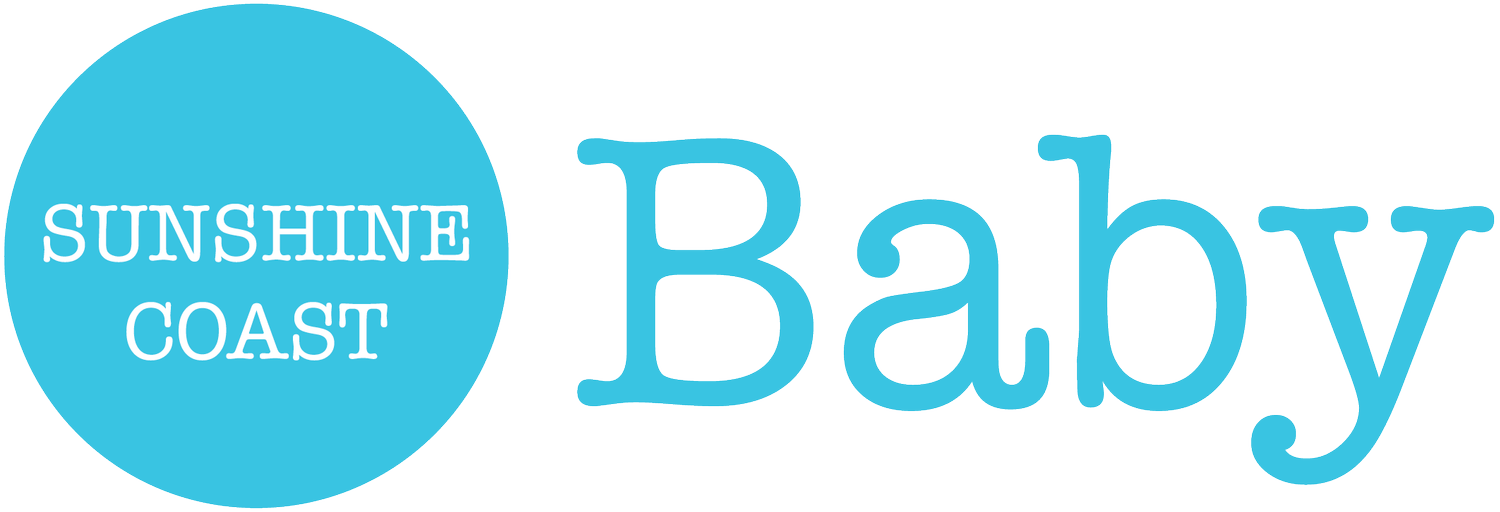Developmental Red Flags
Have you ever been at the park and all the other kids are playing together, but your child is on their own? Have you gone over to a friend’s place and noticed their 2 year old is talking so much more than yours? Do you ever wonder why other kids can ride their bike but your child just isn’t interested? Why will other kids happily go and play when they get dropped off at childcare, but your child just cries and cries and cries?
Parenting is a tricky gig. It can bring us the highest of highs and the lowest of lows. While we are gifted the privilege of motherhood and fatherhood, there is no manual, no roadmap and the sign posts that tell us what’s really going on and what we should expect can be tricky to find. While a parent's instinct is very strong we are very often told… “It’s ok, everyone develops differently”, or “It’s ok he’s a boy and boys develop at a slower rate than girls.” While in some cases all of this kind-hearted advice could be true, if your instinct points you towards questioning how your child is developing, then perhaps speaking to the most suitable therapist for clarification is the best option.
In the first 5 years of life a child’s brain is developing 700 neural connections every second. These connections support their rapid learning and development and make new learning easier. 90% of the brain development occurs within the first 5 years. This is why early intervention is important. If we can support a child to learn foundational skills during these times of rapid brain growth, we make the most of these natural developmental stages. Research shows us that 90% of children with language disorders at age 5 have literacy difficulties 10 years later. The theory of early intervention: “Support kids with their early skills to prevent additional difficulties later in life.
So what are some of the red flags that are worth talking about?
Speech and Language
At age 2 children should be putting 2 words together easily and following simple instructions consistently
An unfamiliar person should be able to understand almost everything a 3 year old says
A 4 year old should be making well formed “adult-like” sentences.
Fine Motor/Cognition
Children should be able to dress themselves and go to the toilet independently by age 3 – 4
While pencil grip might not be perfect, a child should be able to scribble with a crayon by 2 and able to draw lines and basic shapes by 4
Activities like threading with small beads and building block towers should be easy for a 3 year
Social / Emotional
From about 6 months of age babies should enjoy social games and smile and respond to others
Young children like to drop toys for others to pick up but by the age of 2 a child should be able to play with toys and objects in the way they are intended
3 years olds are typically want to play with other children rather than on their own and are starting to notice emotions both in themselves and in others
By 4 kids should be able to play by the rules, take turns and negotiate in play
It may be useful to seek some support if your child …
Finds it difficult to move from one place to another or one activity to another
Has big meltdowns over seemingly small issues/showing unusual patterns of behaviour
Gags on certain foods or even avoiding certain textures of foods
Finds it difficult to focus on one given task for a length of time
Does not react or over-reacts to sounds, smells, textures etc
And sometimes it’s not just kids who need support. It doesn’t matter how many children you have had or if you have worked in childcare for years or been great with your brother’s children, being a parent is not an easy role to play. Each of us are striving to meet the challenge of supporting children in a modern world, often balancing work commitments and the needs of other siblings and sometimes we just can’t do it alone!
At Chatter-boxes Therapy Centre we know and understand the complexities of raising children. We are a multidisciplinary team providing speech pathology (communication, literacy and feeding support), psychology, occupational therapy, play therapy, counselling (1:1 and small groups supporting parents) and community-based support through our team of allied health assistants. We deliver a diverse and distinctly different approach to supporting children and families across the Sunshine Coast. In essence a child and their family are at the heart of all we do. We create fun and engaging learning environments for kids and a warm, welcoming, safe place for parents.
Above all we do things properly with love.

